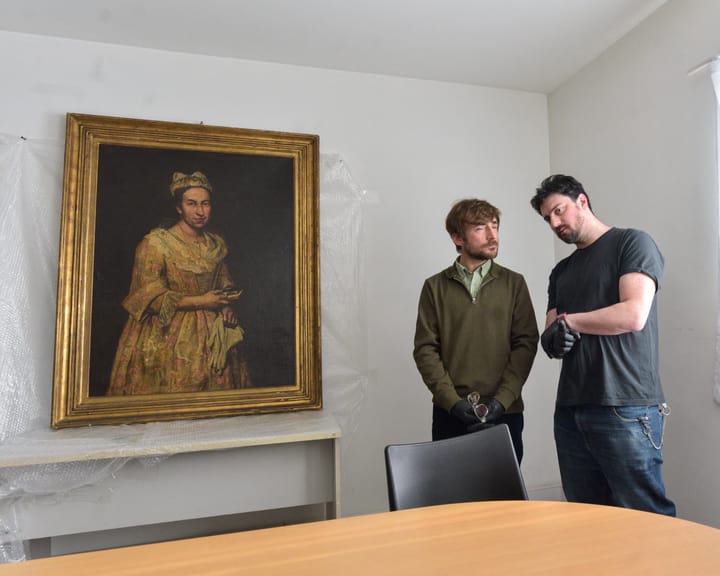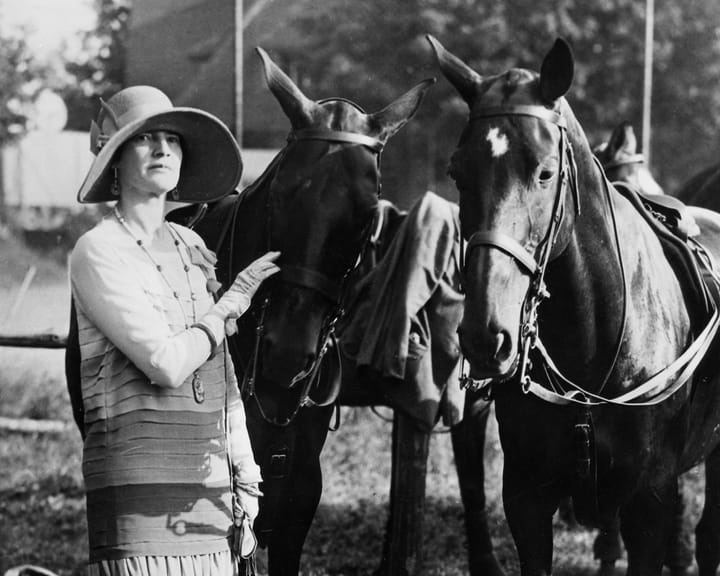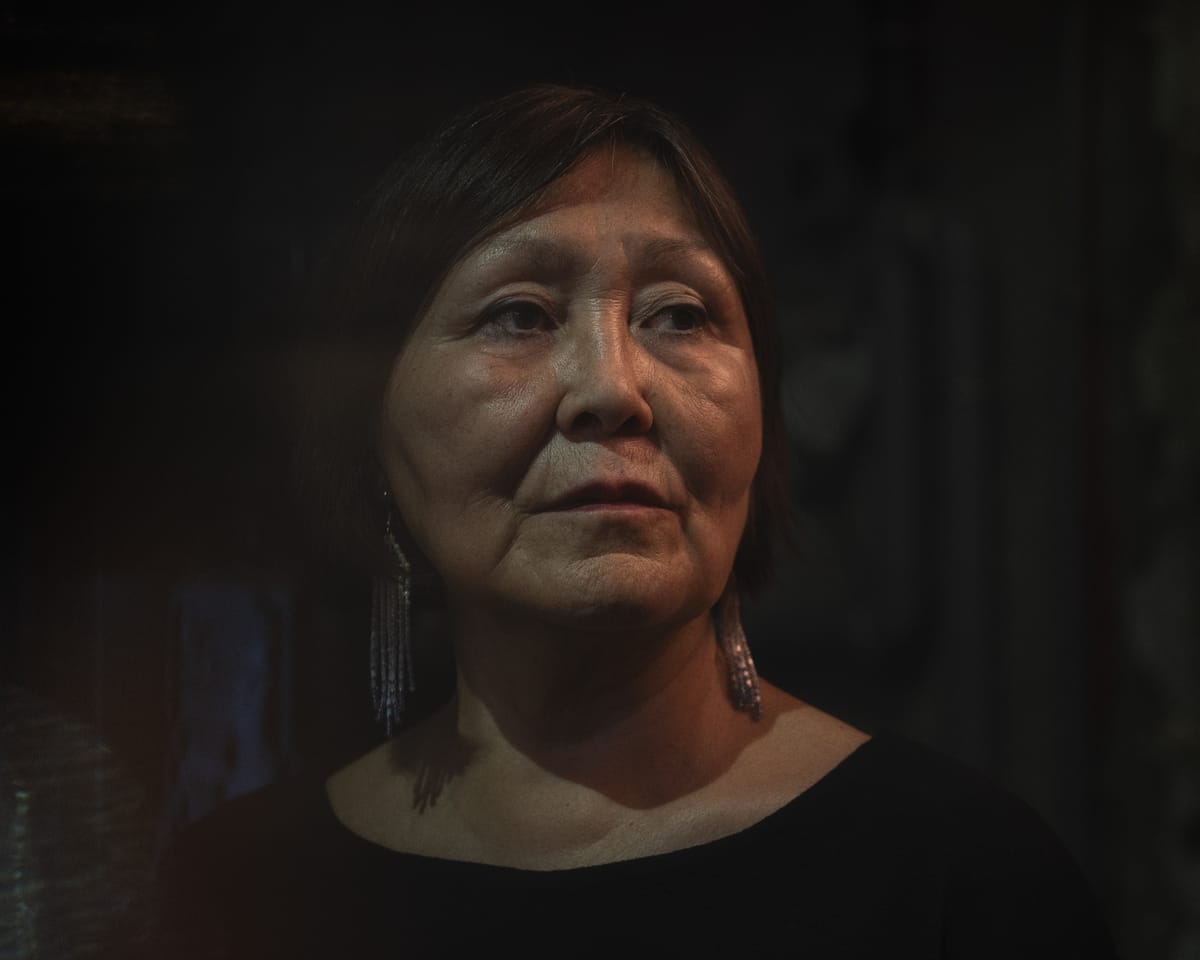Denmark Apologizes for Coercive Contraceptive Practices in Greenland
Denmark’s Prime Minister, Mette Frederiksen, has issued an apology for the involuntary contraceptive measures imposed on thousands of girls and women in Greenland, where intrauterine devices (IUDs) were inserted without their consent or awareness.
Frederiksen characterized the actions as “systemic discrimination” carried out by the Danish healthcare system, stating that Greenlandic individuals endured “both physical and psychological harm” due to their background.
Reports indicate some of the affected girls were as young as 12 when Danish physicians inserted the devices, allegedly as part of efforts to reduce Greenland’s population. Greenland was a Danish colony until 1953 and only gained authority over its healthcare system in 1992.
An estimated 4,500 women and girls were subjected to the practice between 1966 and 1970. Múte B. Egede, Greenland’s former leader, has referred to the actions as “genocide.”
The apology applies to cases up to 1992, made jointly with Greenland’s current leader, Jens-Frederik Nielsen, who addressed incidents after that date. The statement precedes the release of a long-awaited investigation into the matter, expected later this month.
In a separate legal action, 143 Greenlandic women filed a lawsuit last year against the Danish state, seeking 43 million Danish kroner in damages over involuntary contraceptive procedures they claim violated their rights.
Frederiksen remarked, “Although we lack full details, the government is deeply moved by the consistent accounts from Greenlandic women regarding mistreatment by Danish authorities. We cannot undo the past, but we can take responsibility. On behalf of Denmark, I say: Sorry.”
She added, “I apologize to the girls and women who faced systemic discrimination—for the harm they endured, simply for being Greenlanders, and for the betrayal they experienced.”
Nielsen stated that his government is “apologizing for the suffering and potential misconduct that occurred even after Greenland assumed control of its healthcare system.” He noted that a compensation framework has been in development since January, with application details to follow.
Naaja H. Nathanielsen, Greenland’s minister for justice and gender equality, described the apology as necessary. “It was inevitable to pave the way for healing. While I welcome it, I also saw no alternative. This addresses those subjected to an unjust colonial-era practice. Compensation from Denmark is also essential.”
Aaja Chemnitz, a Greenlandic representative in Denmark’s parliament, expressed strong approval for the decision.
Read next

"TikTok star highlights political power of South Africa's unsung culinary treasures"
Solly’s Corner, a popular eatery in downtown Johannesburg, was busy. Pieces of hake and crisp fries crackled in the fryer, green chillies were chopped, and generous amounts of homemade sauce were spread onto filled sandwiches.
Broadcaster and food enthusiast Nick Hamman stepped behind the counter, where Yoonas and Mohammed

Nazi-looted 18th-century portrait found in Argentina after 80 years
There was nothing particularly unusual about the middle-aged couple living in the low, stone-covered villa on Calle Padre Cardiel, a quiet street in the tree-lined Parque Luro neighborhood of Mar del Plata, Argentina’s most well-known coastal city.
Patricia Kadgien, 58, was originally from Buenos Aires, roughly five hours north.

"An aristocrat hid her Jewish lover in a sofa bed amid daring acts of German resistance to the Nazis"
Resistance in the Shadows: Germans Who Defied the Nazis
Growing up, our home had a steadfast rule: nothing German was permitted. No appliances from German manufacturers in the kitchen, no cars from German automakers in the driveway. The decree came from my mother. She was not a survivor of the

